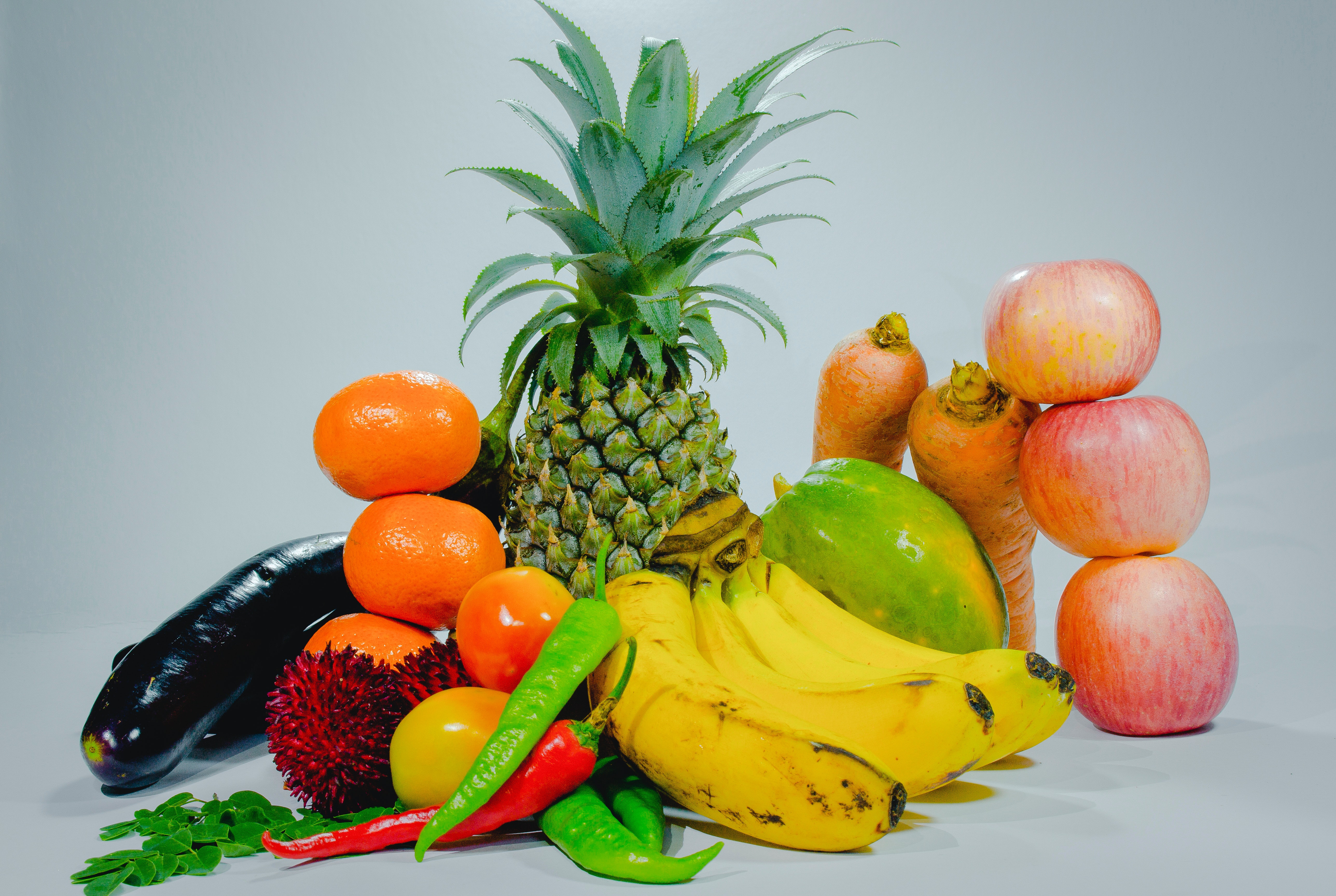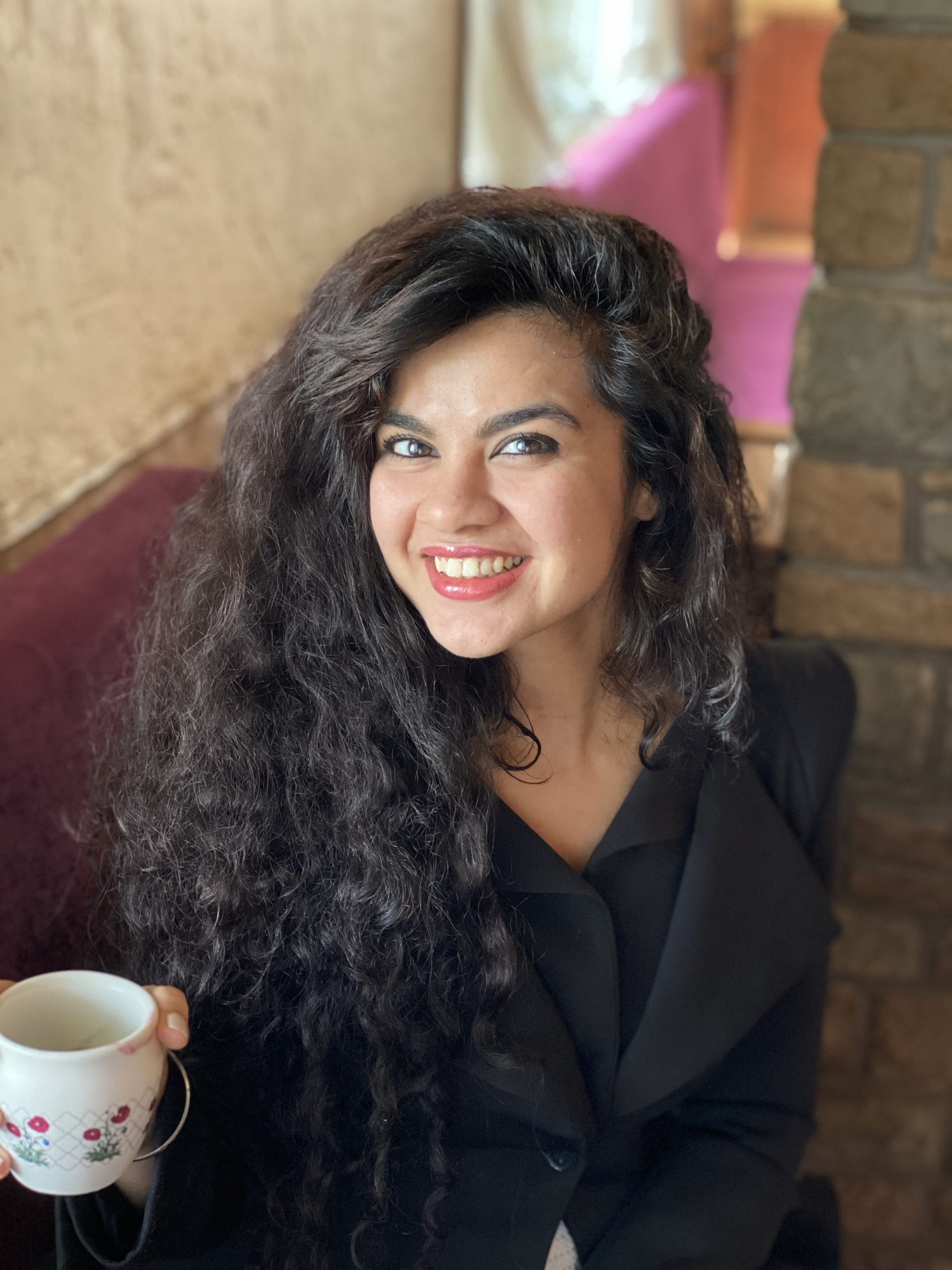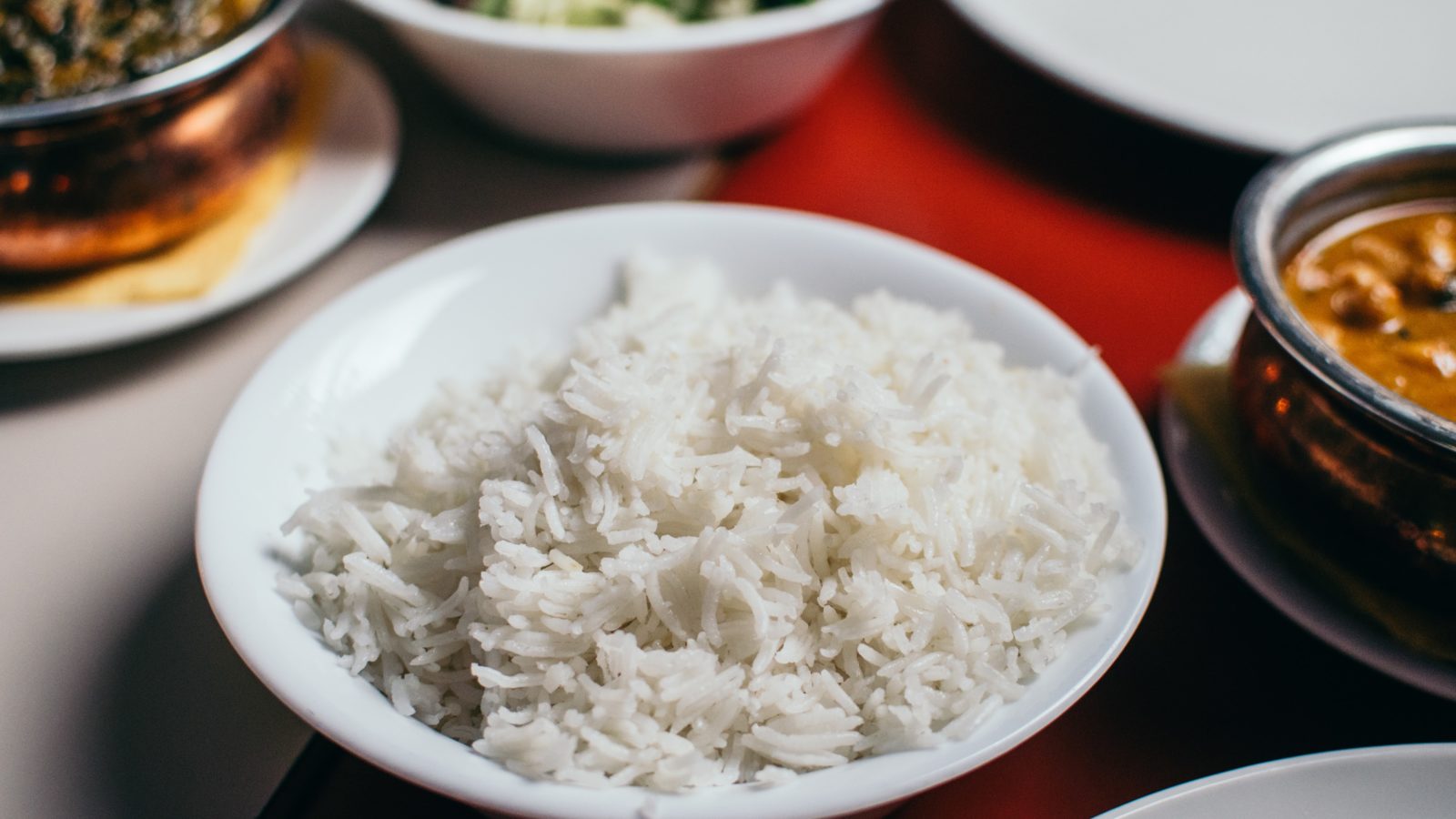We live in a time when hashtag weight loss and hashtag immunity are freshly brewed conversations at every meal between family members, or friends over a cup of chai that has no sugar, is made of almond milk and has almost destroyed the point of that humble cutting sized beverage into a tall, grande, venti!
And still—after playing in a massive multi-million dollar industry—the waistlines are only increasing, death rates from cardiac arrest and metabolic syndrome are skyrocketing.
We are going wrong somewhere! Right? The solution lies in protocols which are as simple as basic roots, age-old traditions of eating mindfully and showing gratitude for morsels versus tagging them as #CheatMeals or #CompensationMeals. What we need is moderation, mindfulness and keeping up with traditionally intact recipes and diversity!

Let’s talk about intolerance from gluten as an example. Our forefathers have eaten a vast diversity of meals including all grains, millets, lentils, vegetables, nuts and fruits on the basis of season and locality. They ate almost 18 different foods in a day.
It was then that nutrition science came along with the ownership that “Rice makes you fat!” This is where it all started. Everyone dropped rice as a meal and the black-spotted lobia was left to eat with wholewheat roti versus being generously served on top of hot piping white rice with ghee! Now all three main meals in the day started becoming wholewheat-based, diversity was banned from the plate and we gave up the easy to cook dal-rice at night after a long workday and then our gut suffered as the growth of functional bacteria that allows your body to accept different food groups was nixed.
Intolerances to gluten, lactose and fermented foods began to be observed in people due to leaky gut, celiac and other intolerances of the Intestine. The ancient wisdom of eating parantha one day, poha the other and dosa the day after started having a monotonous “eat 20 grams of protein from paneer/ eggs at breakfast, roti at lunch and roti at dinner” propaganda which only attacked a dieter’s capacity of reward-punishment, diminished the gut and enzymes from evolving which eventually led to people becoming gluten intolerant. Today the gluten in a millennials diet doesn’t come from the innocent roti, but rather comes from chocolates, cakes and bread which the consumers call cheat meals, which is an almost daily indulgence.
Let’s take an example of nutrient combinations that our ancestors made for us: The lovely gajar ka halwa. Milk khoya, nuts and ghee have a spot-on fatty acid profile that can take up the Vit A from carrots and have it well-assimilated in the digestive system since Vit A is a fat-soluble vitamin and will have no relevance unless it’s paired with a potent fat. But no, we make a juice from it and down it like medicine to feel validated about having a vegetable which is now going to make your vision brighter (no it won’t, not unless you consume it with fat!).
The nutrition guidelines eventually came with background music and urged everyone to consume the carrot juice with some avocado/ flax seeds/ butter for best utilisation and it still seems that vision 20/20 is quite distant.
Likewise, with combinations like rice and dal—they have amino acids in a profile that are best suited for absorption, recovery and fat loss. Big news: having it just like our grandparents is important! More rice, less dal is the right way of consuming it for adequate protein digestibility, amino acid score and complete protein profile (versus the current day phenomena of the minimal rice grains playing hide and seek in a massive bowl of dal!)
The real takeaway here is that our ancestors were really really smart and mastered the way food needed to be consumed. Messing with that is only messing with our biology, and the future generations’ biology, gut and antibodies. Nutrition science is slowly catching up with the same guidelines as our ancestors’ lifestyle. Our forefathers had done their homework and it’s best we follow their footsteps to reduce the double burden of malnourishment—scarcity and excess, till the health associations get it completely on point.


